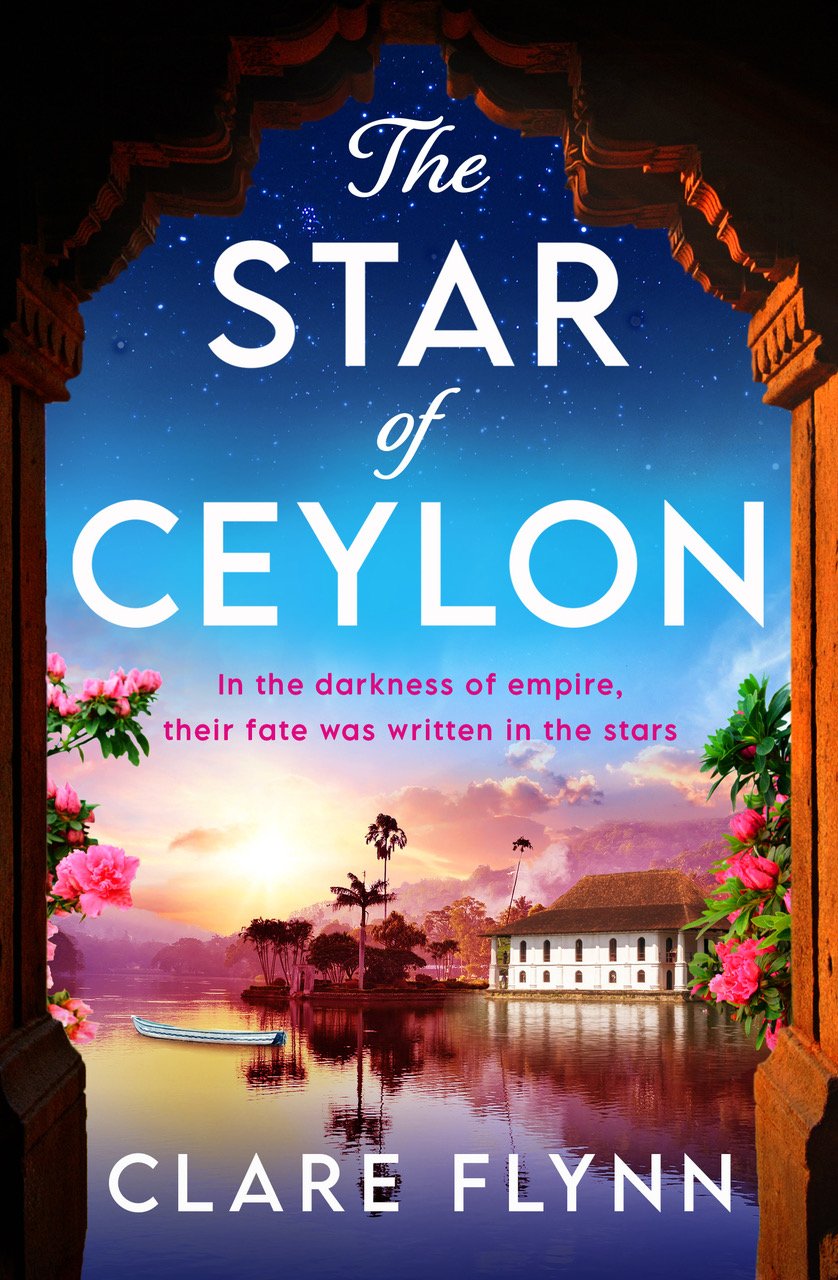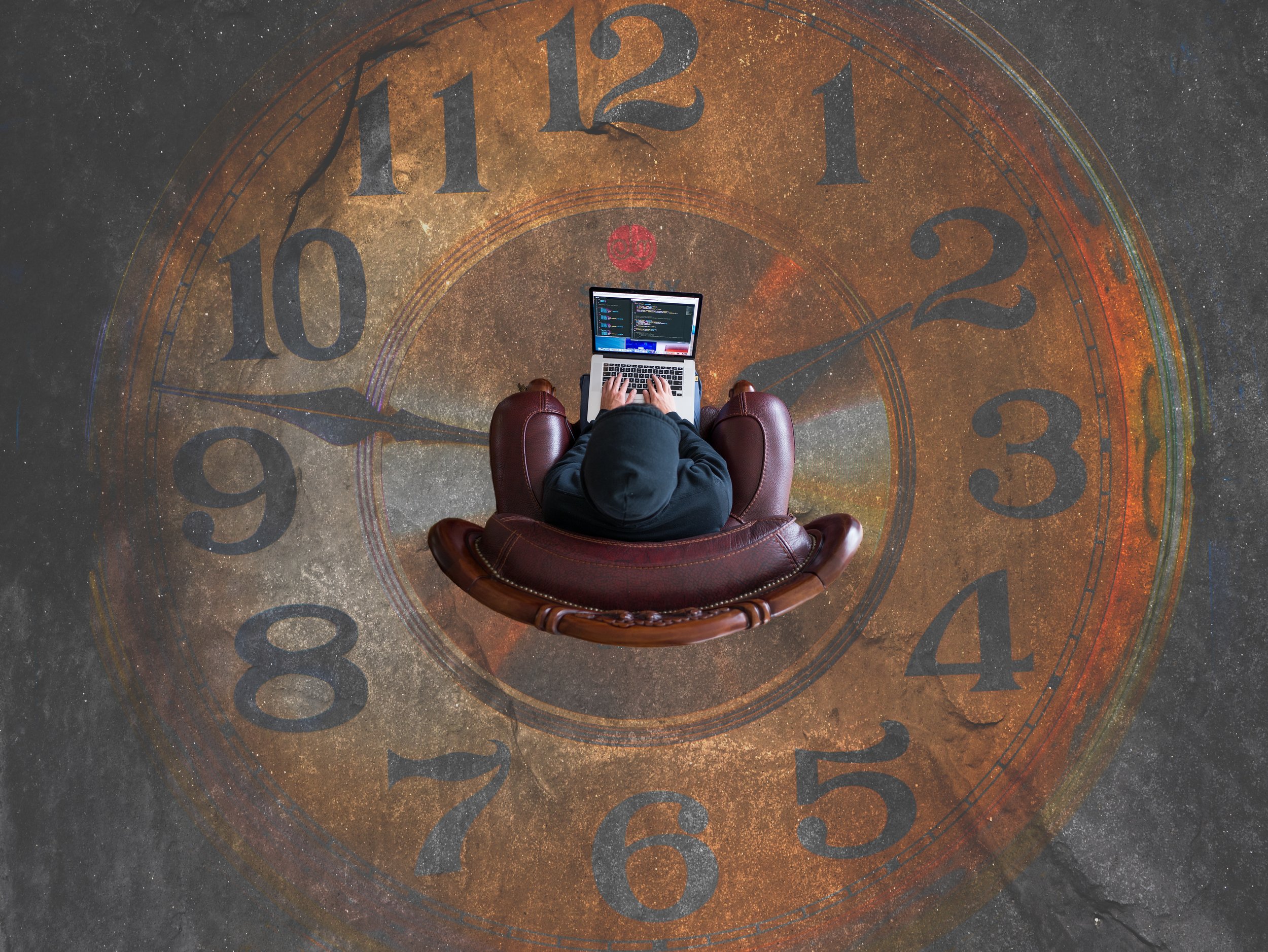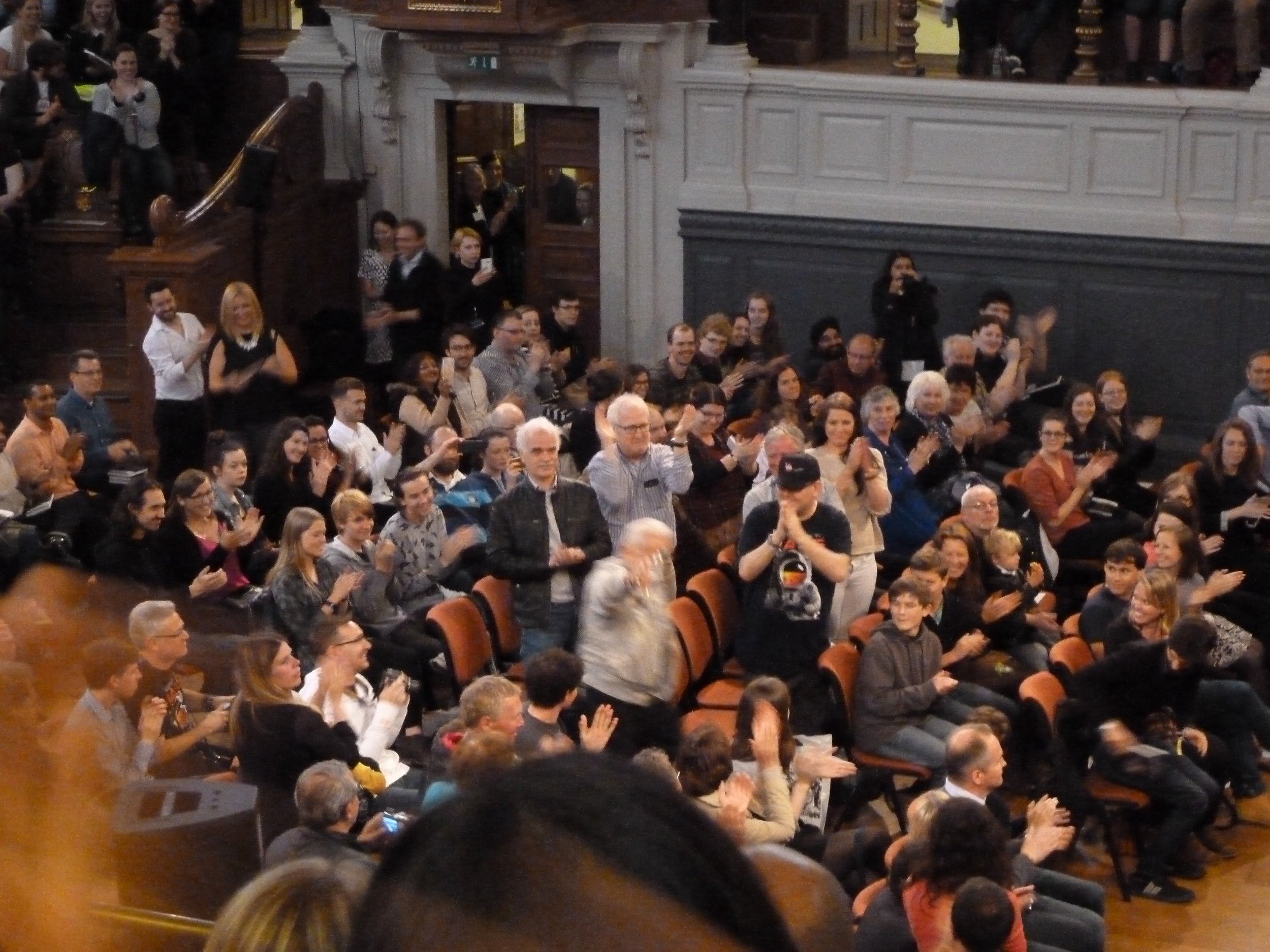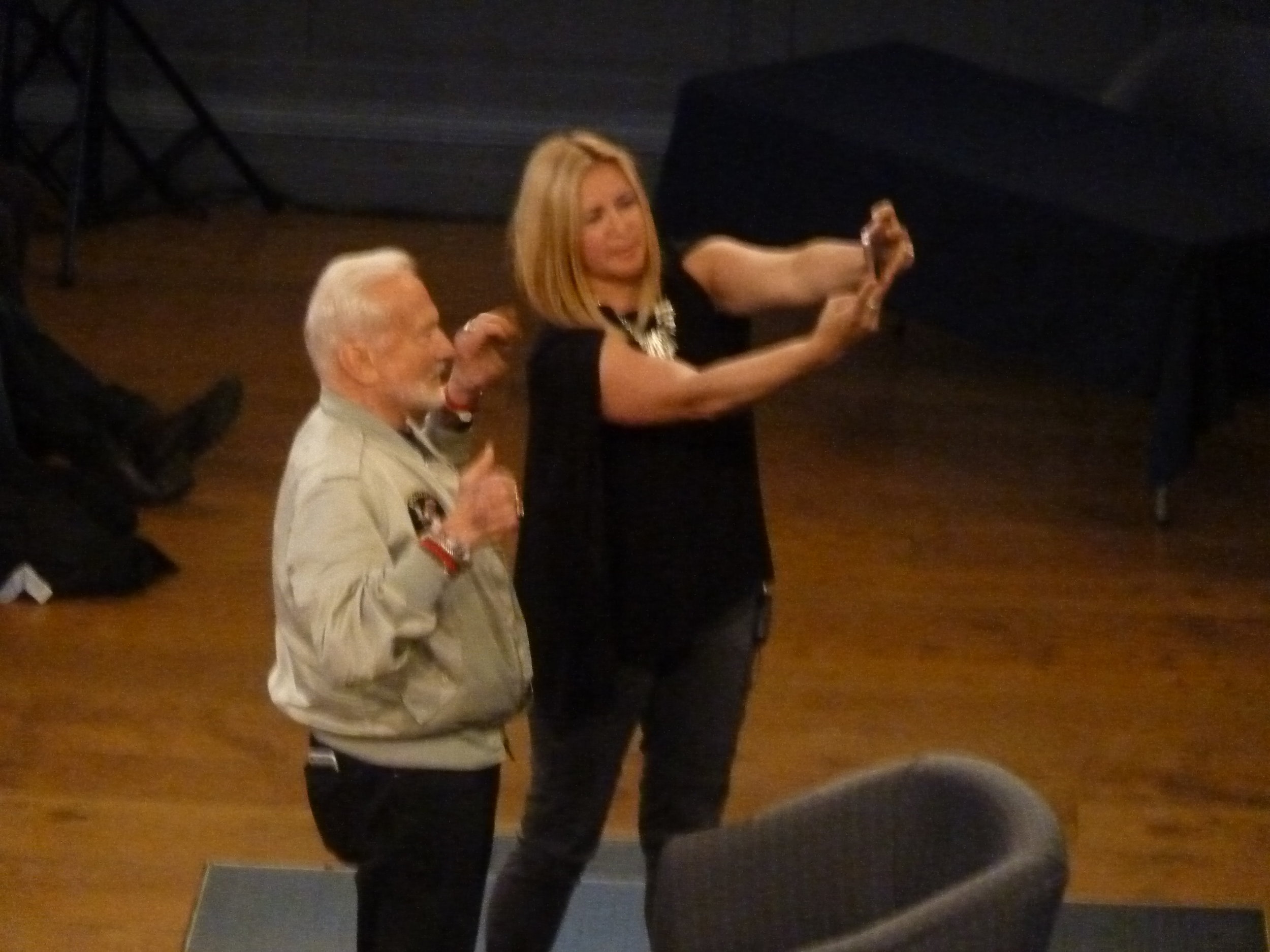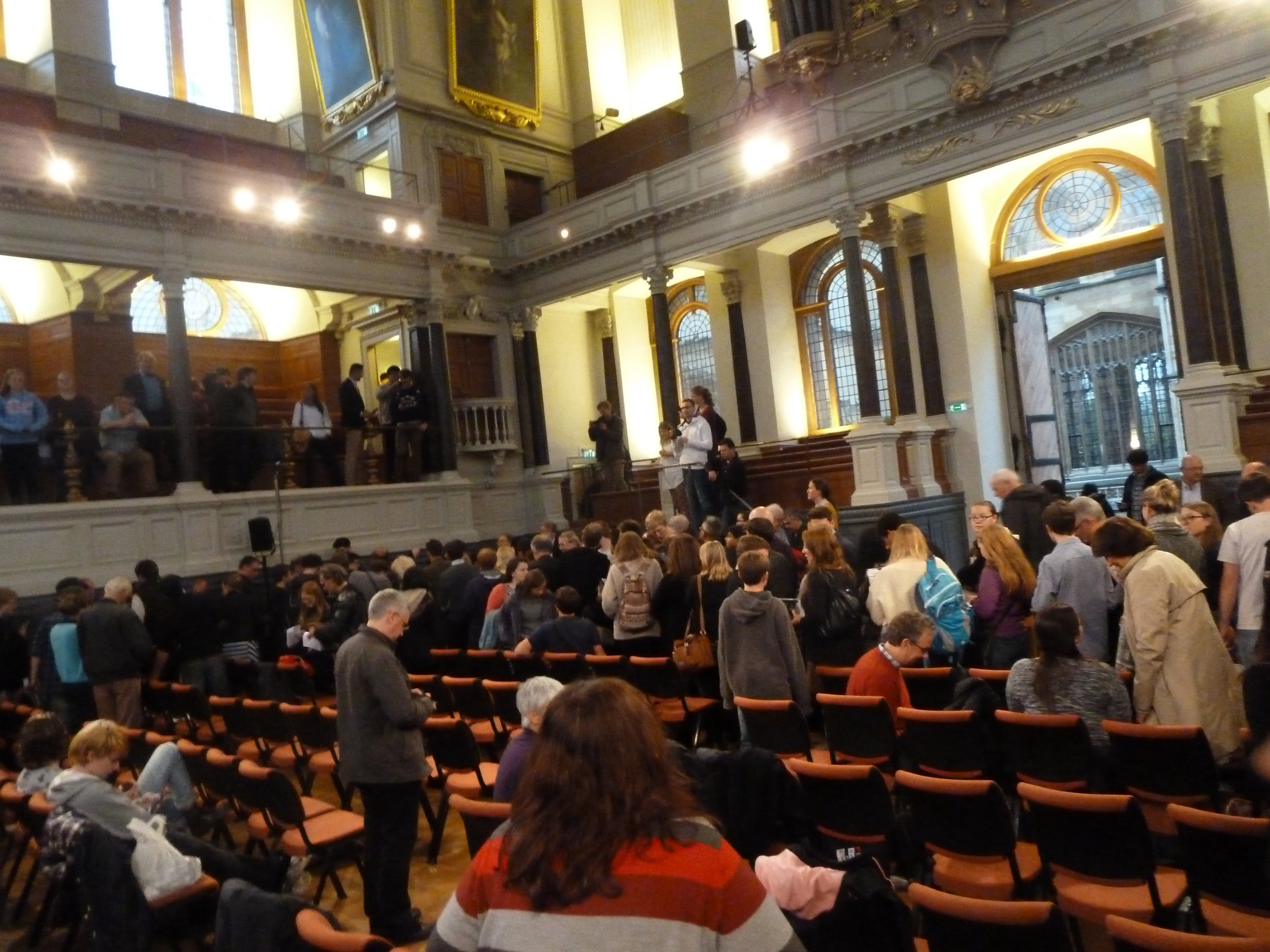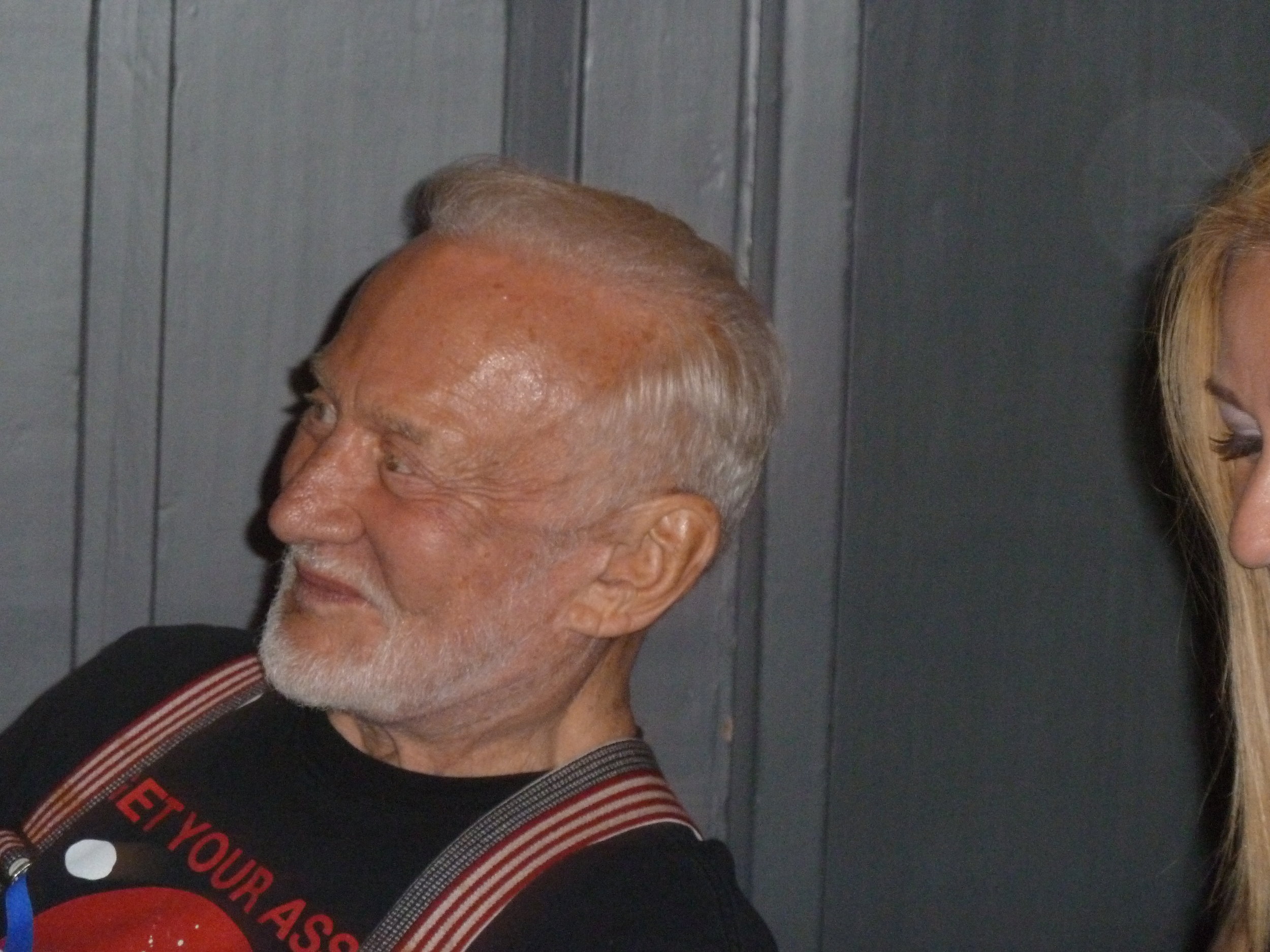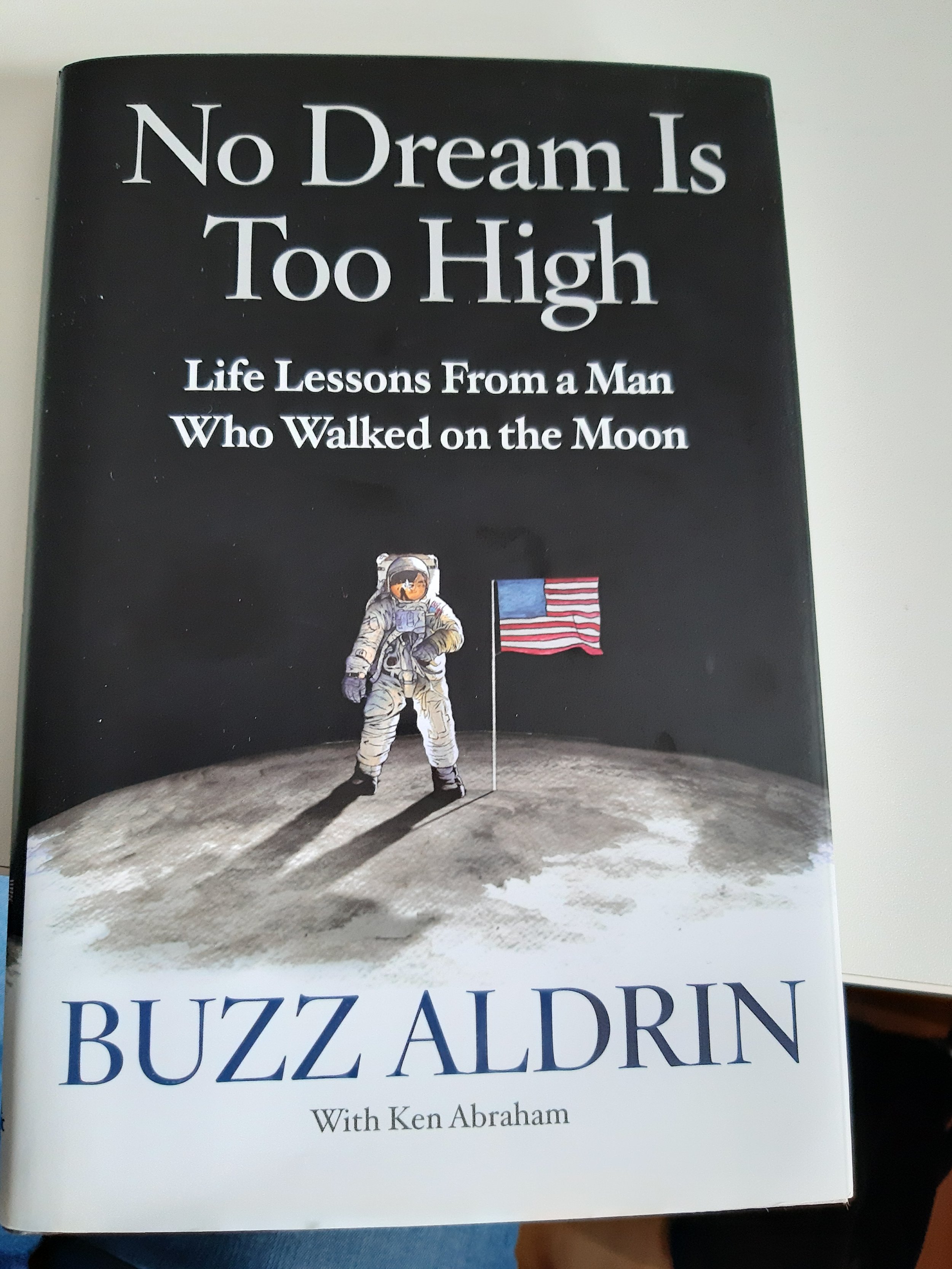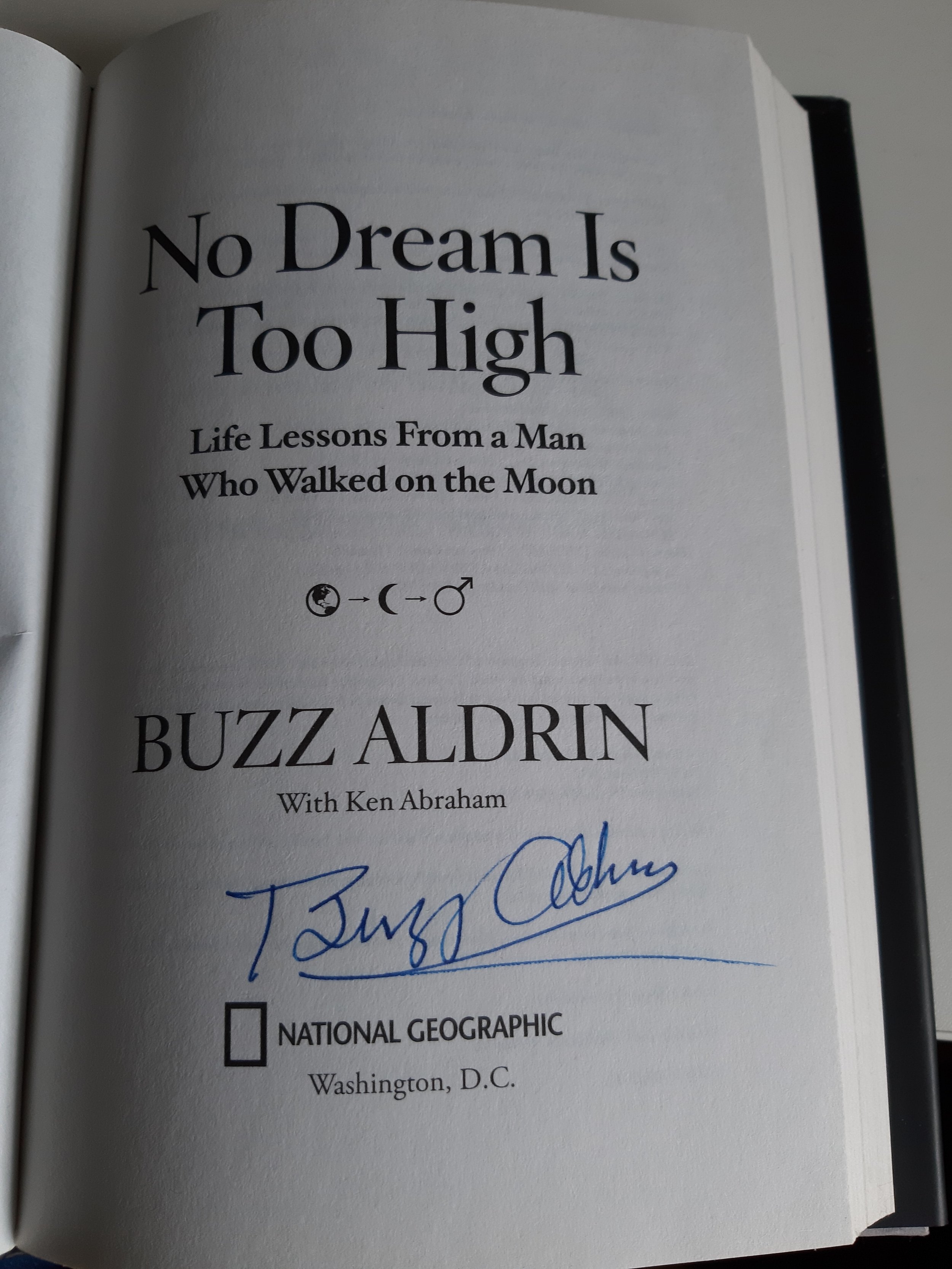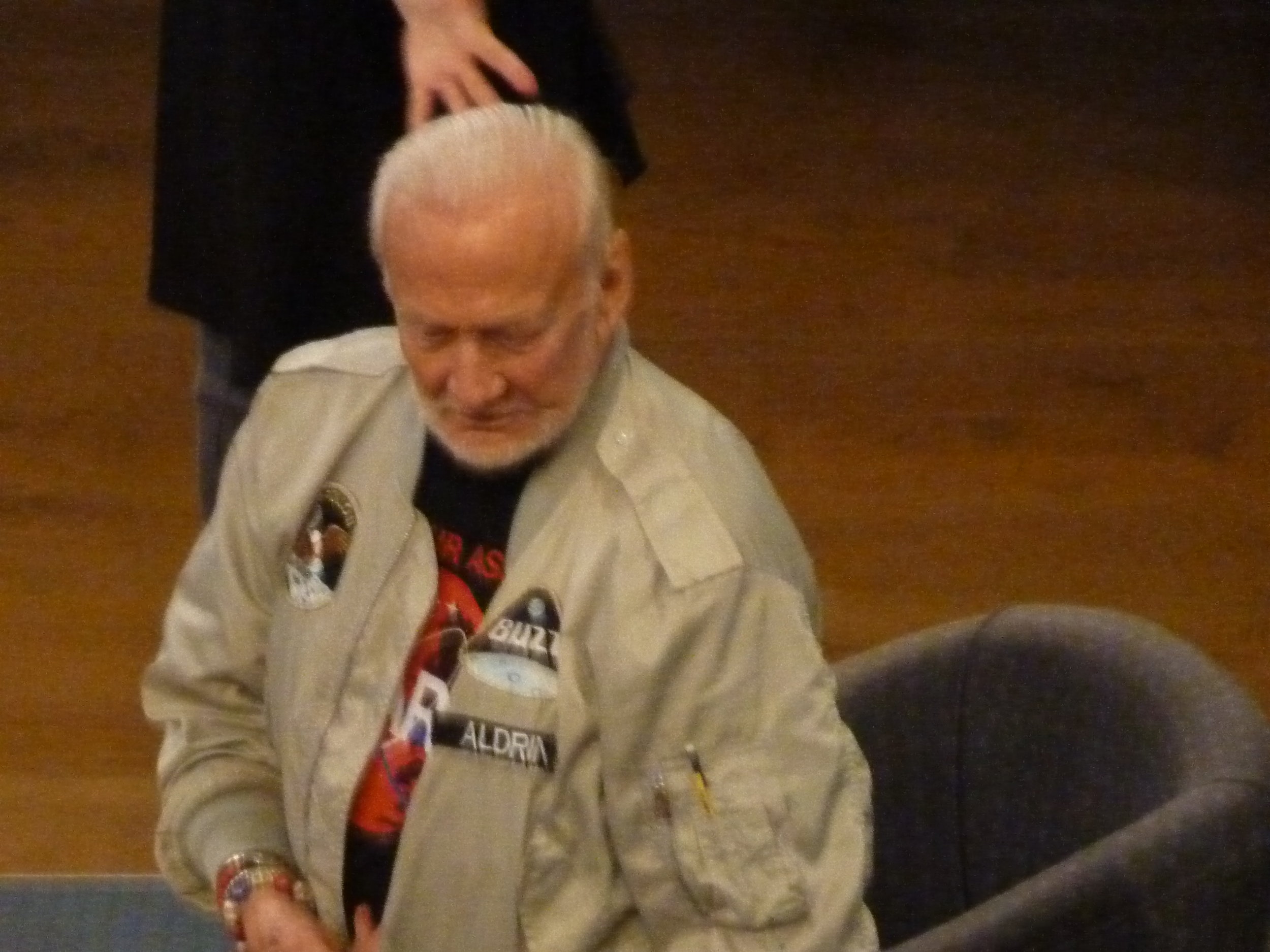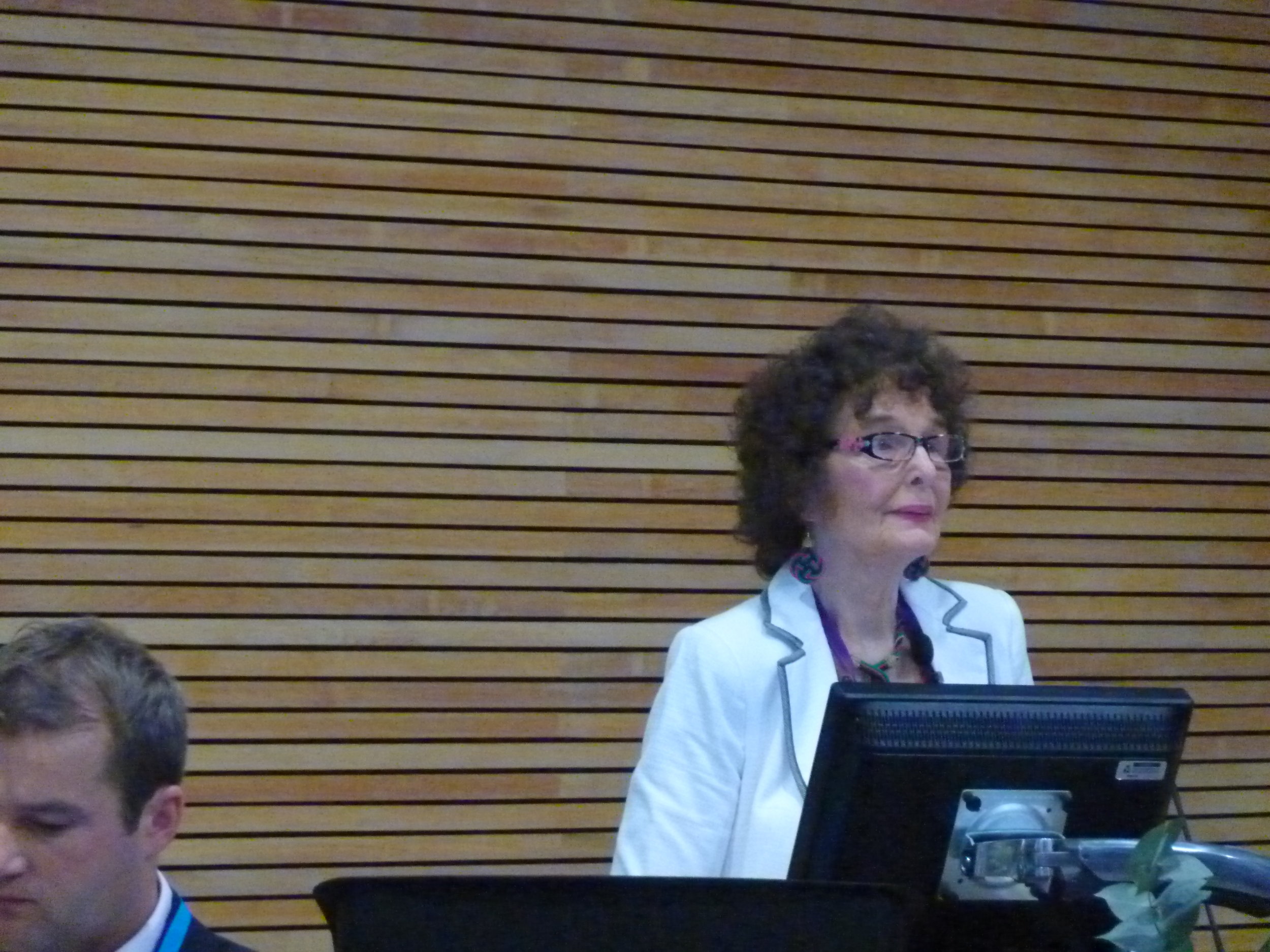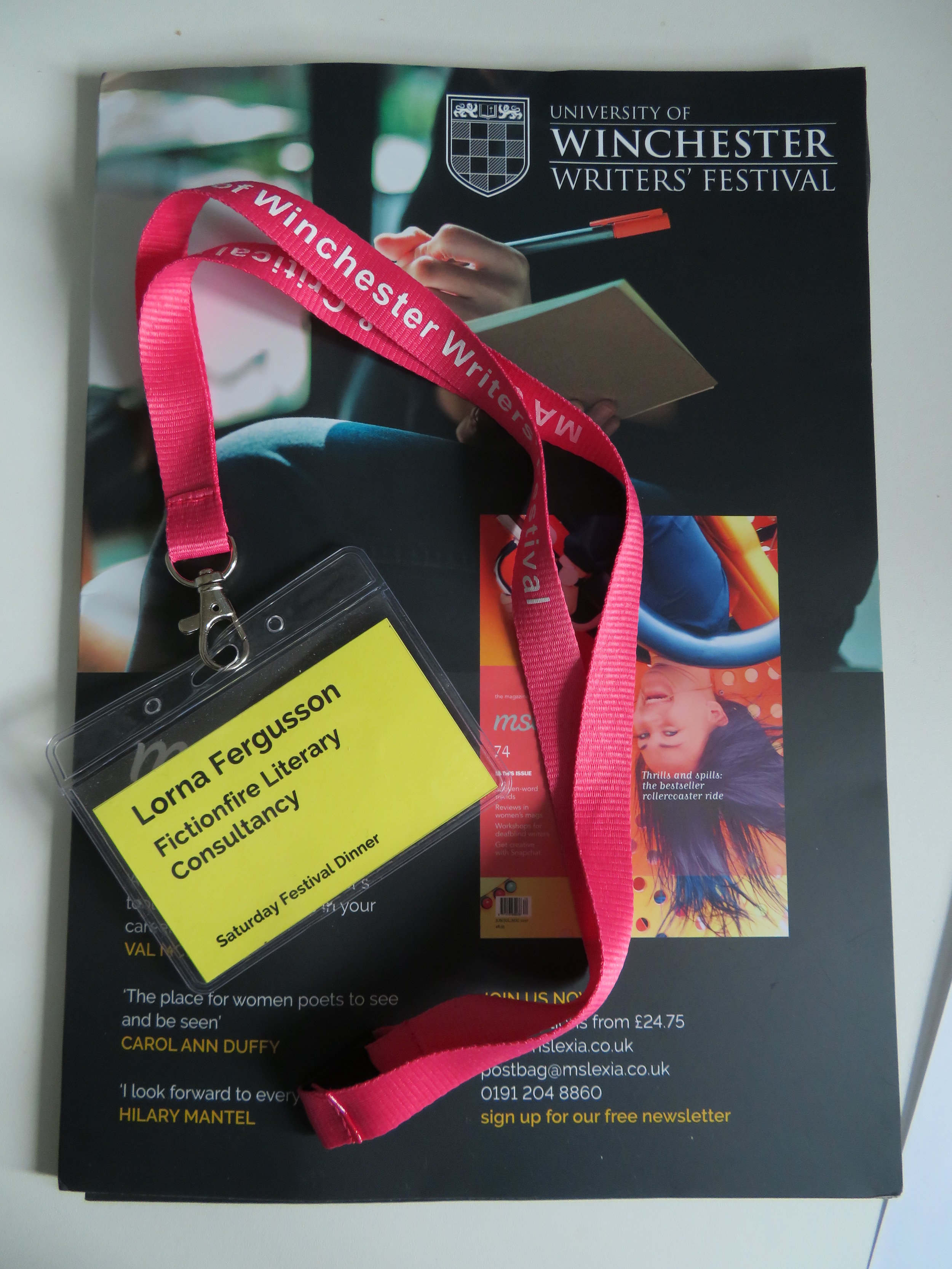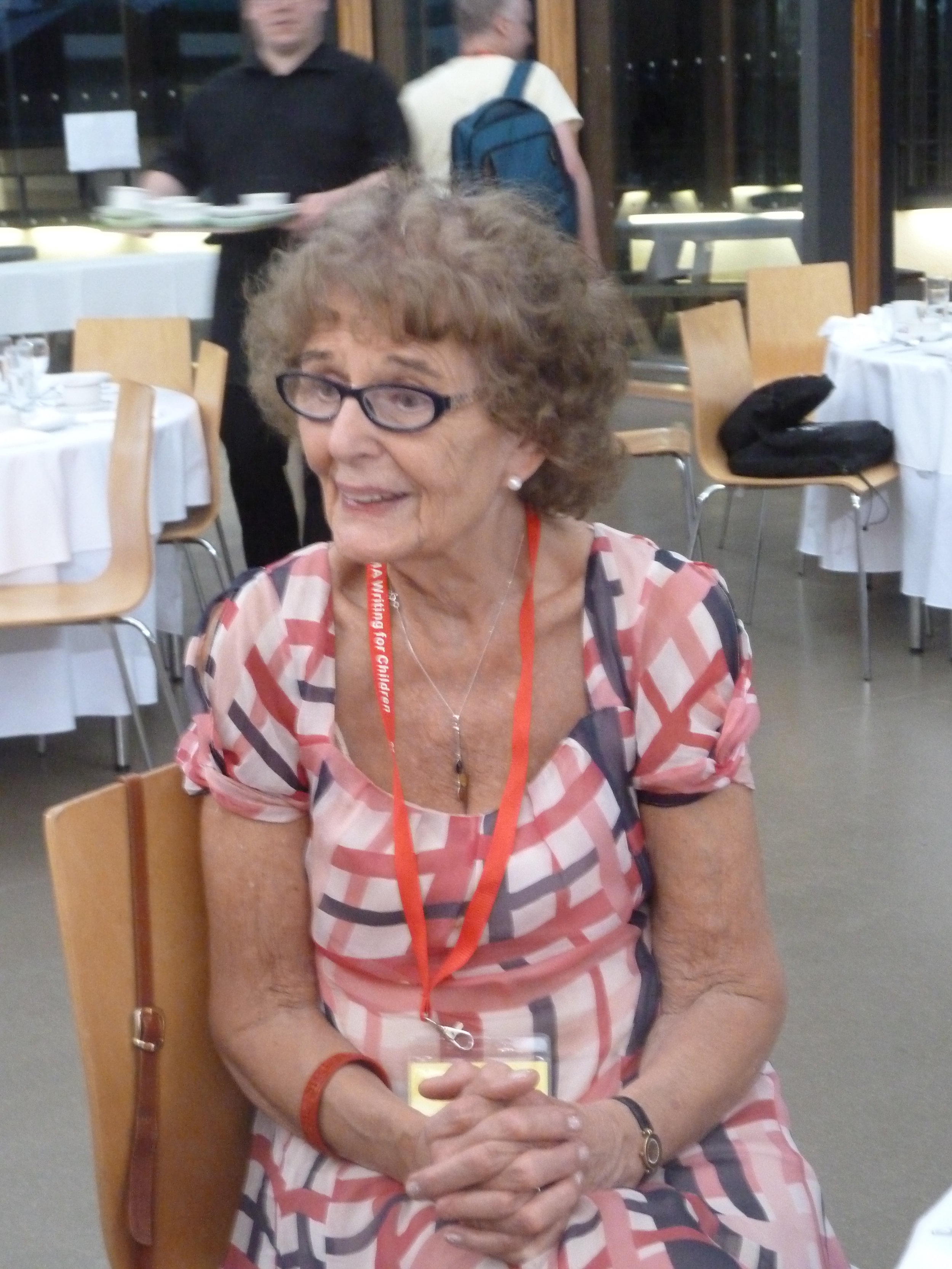Let’s start with why I’m talking about writing prompts at all. A strangely organic process has been taking place over the past few months. It began when we headed into lockdown: I started thinking about how I could help writers by running a free online writing retreat session. (By the way, I’m about to run my fourth one tomorrow – you can sign up here).
Loads of 40 people signed up for it, which blew me away. Then I had to come up with the structure for the session. I could, of course, have welcomed attendees, set a timer and let them get on with their current work in progress.
But I felt more was needed, so I set about designing two separate writing sprint sessions, each with eight prompts, one of which was a picture. That became the template for each retreat, book-ended with discussion and chat.
Five weeks ago, I started thinking again. I know, it’s a bad habit I’ve fallen into …
I was thinking of the people who couldn’t attend the online retreats – or didn’t want to because they didn’t like the tech aspect of joining an online meeting. What about them? I decided I’d design a little PDF of prompts for them.
I came up with prompts. And more prompts. I spent my late evenings on Canva, designing the pages. I added workbook pages and advice on creating a retreat when you’re at home. 53 pages on, I realised I had more than a quick PDF resource: I had a self-study mini-course. It went live on Tuesday and until midnight on Sunday 21st you can get it for $17, which is less than half price. (Find out more here.)
But, back to the whole notion of prompts. I have fun creating them because I imagine the kinds of stories they’ll inspire. We writers are eternally afraid of the blank mind, the blank page. The urge to write that has no focus on what to write.
So when the Muse isn’t making home deliveries, we need those triggers, those little goads to the imagination. And what’s fascinating is how writers can make such different stories out of the same prompts – that’s certainly been evident in the online retreats so far.
Prompts work in different ways, so let’s explore some of them and why they work.
There’s the ‘opening sentence’ kind of prompt. It acts like a springboard into what follows. It’s like you stop telling a joke just before the punchline and you let someone else come up with that punchline and deliver it. A trigger like this works because we like to fill in the blanks, the gaps between given facts. Conversely, you could set an end-line and ask the writer to imagine the story that led up to that point.
Then there’s dialogue – sometimes just a single speech, that works because it is so immediate, so intimate. You’re pulled into an exchange, a dynamic between characters. The speech makes you think of voice and tone and attitude – of the character who’s likely to speak in that way.
Some prompts work because they’re evocative. A descriptive phrase, a metaphor, can create a mood, a scene. The writer drops in, looks around, imagines the kind of story that could be set there, the kind of situation that would give rise to that particular image.
Then there’s the picture prompt. I always include them because some people’s imaginations are more easily triggered by seeing an image – it could be a face or an object or a place. A Mediterranean harbour. An old house or a distant planet. A flower held in a hand. A war memorial. (Are any of these triggering a story in you?)
You can have theme prompts, where you present the trigger as a simple subject statement: ‘the pity of war’, for instance. Interestingly, these may not be the best route to imaginative story-creation. They can be the doorway to polemic instead, where message dominates what is written. It’s important to maintain empathy, to go into and inhabit story, rather than just preach.
Finally, there are the single word prompts. Deceptively simple, even slightly flat at first sight, these are the prompts that yield richness because they are more oblique, more of a hint, more open to interpretation.
Prompts are a resource to turn to when you’re feeling restive and when, as I said earlier, you want to write but you don’t know what you want to write. You hand over responsibility to a single word or image or teasing phrase. Your imagination, like a dog that’s flopped in the corner on a hot day, stirs, rises, starts to look eager at the prospect of a walk.
Keep a box or book of writing prompts by you, if you can. Treat the box like a lucky dip. Flip the pages of the book. Pick a prompt without too much thought. Toy with it, turn it this way and that in the light. Let it start to fire the neurons in your creative brain. I promise you it will.
Interested in using prompts to restart or kickstart your creativity? My new self-study mini-course, Create your Home Writing Retreat is here. Plus I’m now creating two bonuses.
First, for as long as I run my free retreats the prompts we’ve used in each session will be added to the course.
Secondly, I’m designing a new PDF, Create your Writer’s Prompt Box, so you can build your own inspiring resource, one which will stand you in good stead on those dry days.
Join my free online writing retreat session Saturday 20th June - go here.
Create your Home Writing Retreat - go here.






